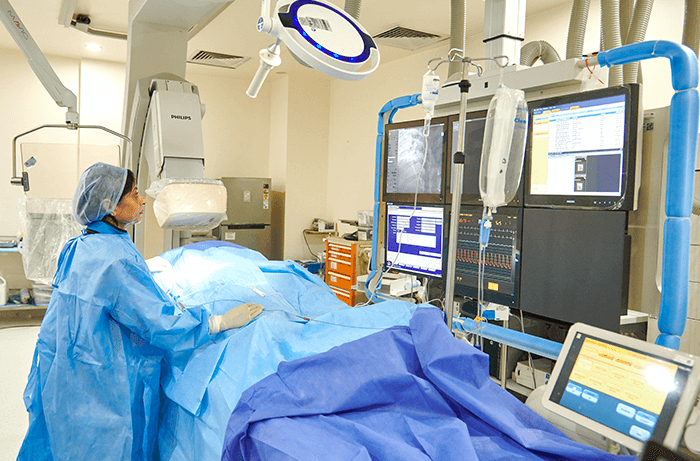×
Select Your Country
 International
International

×
Select Your Country
 International
International


One of the most intricate organs, the liver is crucial to maintaining a high standard of living. A higher quality of life is restored and patients' ability to lead healthy lives is aided by liver transplantation. A pancreatic transplant is a surgical procedure where a healthy pancreas from a donor is implanted into a diabetic patient. With a pancreas transplant, the patient may no longer require insulin shots. When a diabetic patient has kidney disease, this procedure is typically performed concurrently with a kidney transplant. The total procedure lasts roughly six hours.
Who needs liver transplant?
When the liver is severely damaged and unable to carry out its regular duties, it is typically advised. This is referred to as "liver failure, end-stage liver disease, or liver cirrhosis." It is very likely that you would have a very poor quality of life and a very short projected lifespan without a liver transplant. For patients with the liver disorders listed below that result in failure, a liver transplant is required:
Cirrhosis can also be brought on by inherited disorders, which are illnesses that run in families. These may consist of:
Who needs pancreas transplant?
Diabetes type 1 individuals may get a pancreas transplant. These people would also need kidney transplants since they have diabetes-related renal failure. For such patients, a combined kidney and pancreas transplant would be curative. Visit Manipal Hospitals for Liver And Pancreas Treatment in India.
Complexities of liver and pancreas transplant
One of the trickiest surgical operations is the transplantation of the pancreas and the liver. The success rates are relatively high, nevertheless, thanks to advancements in medicine and the use of skilled practitioners. However, because of the procedure's complexity and immunosuppression, patients may experience side effects like infection, blood vessel clotting or narrowing, bile leakage, rejection, etc.
Liver after liver transplant
A liver transplant is said to give a second chance at life. It is accurate since a liver transplant would have saved these patients a great deal of pain. Within a few months, their symptoms would noticeably improve and return to normal. With the exception of strenuous physical activity and sports, they would be able to resume their jobs and carry out regular tasks. However, patients must consistently take their prescriptions as prescribed by their doctor. Book an appointment today to visit our Organ Transplantation Hospital in India.
Life after pancreatic transplant
Both dialysis and insulin can be entirely discontinued in these patients. They can begin consuming regular meals, including desserts. Many of these people would have neurological conditions that could be fixed.